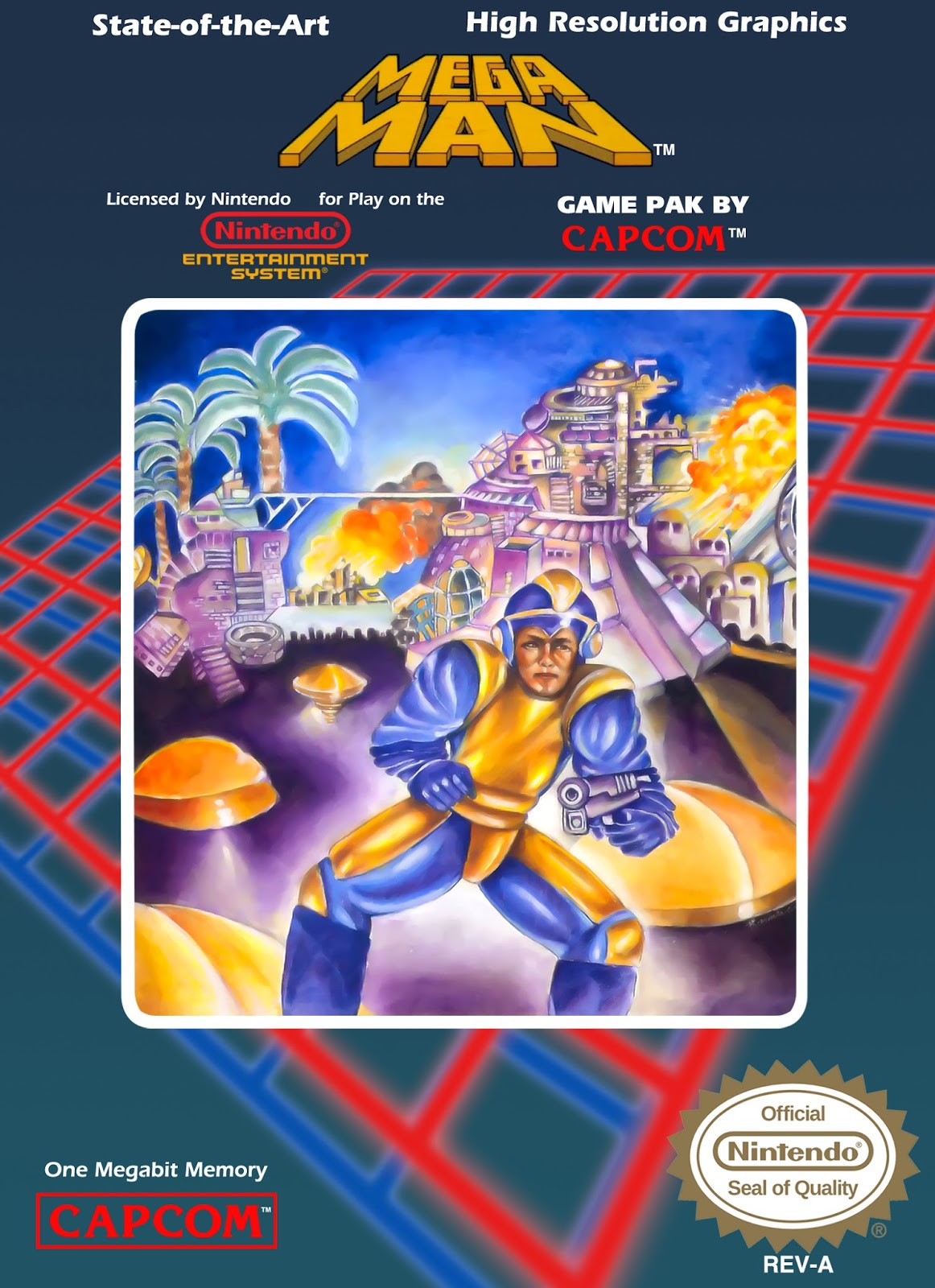The main difference between gaming and audiovisual or visual forms of art such as paintings, music, movies, and so on, is that games can trigger emotions in a completely different way:
- the loneliness in Shadow of Colossus
- the guilt in Silent Hill 2
- the harmony in Harvest Moon
- the drama in Soul Reaver
- the sinister madness of MadWorld
Games offer you interaction. It opens up a new layer of telling narratives and a new kind of seeing/hearing/feeling
and experiencing the artist's vision.
Some games are more on the "game-y" side of things (I mean... duh!?). The best games, however, find a way of combining audiovisual art with gameplay that is meaningful. Ideally, games should have a narrative, have good music, have an identity, an effect, and should look good, but on top of all, they also should have gameplay that is connecting everything together.
Does that mean that games that basically have no meaningful narrative at all and are very gameplay-centric shouldn't be considered art?
No, not at all.
A game doesn't need to be anything other than enjoyable to be good. It's the most important aspect of a game. Fun leads to happiness. An emotion. So there is nothing wrong with that.
I think there is more to games than just "fun gameplay", but the gameplay is still very important. Enjoyment comes in different forms and "gameplay" can be also used to
to tell you a narrative. There are games that use gameplay in clever ways to create a scenery: Some games are very subtle about it. Some games are more centered around visuals. Some offer you specter.
Should sports games or racing games be considered art? Yes.
Now, something like Madden or Grand Turismo obviously isn't gonna try to fool you into thinking that it's anything other than a racing sim and sports sim. There isn't some "artsy" stuff in there, some deep narrative, etc.
but, you know, Gran Turismo is used by real-life racer drivers, and art is very often based on real life. Not every piece of art is abstract.
On the other hand, I can race a boat in Forza Horizon, or drive a shark in Cruis'n Blast, something I'd definitely consider imaginative.


